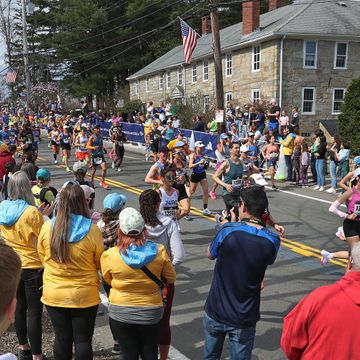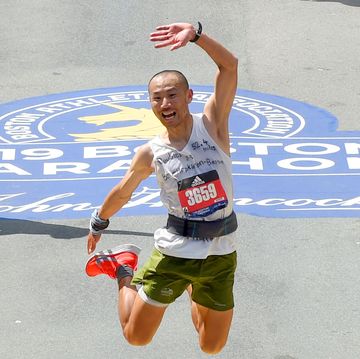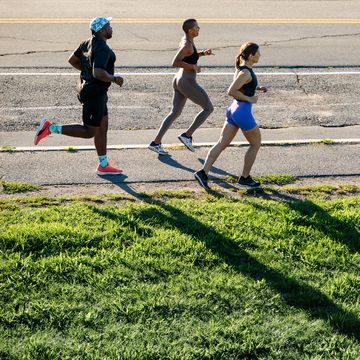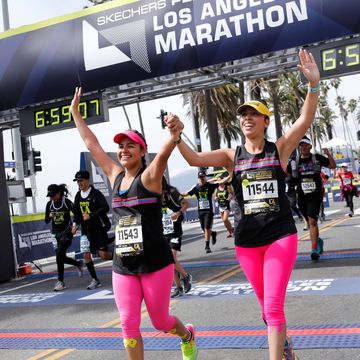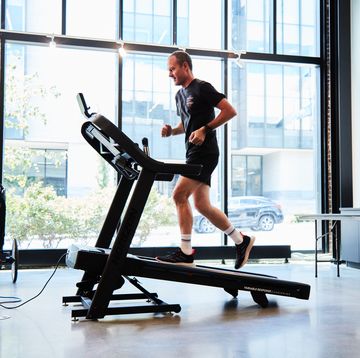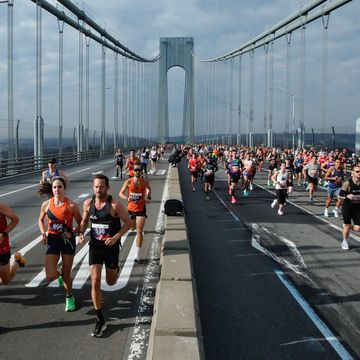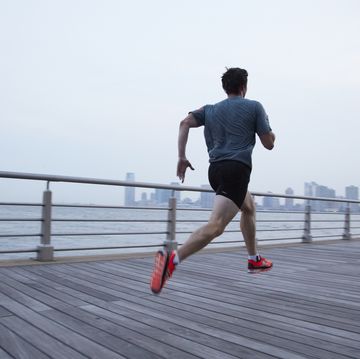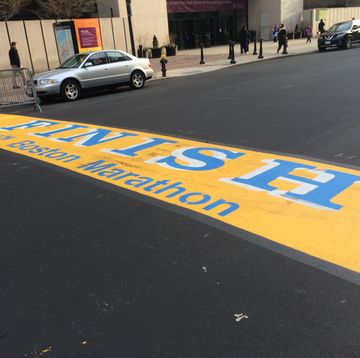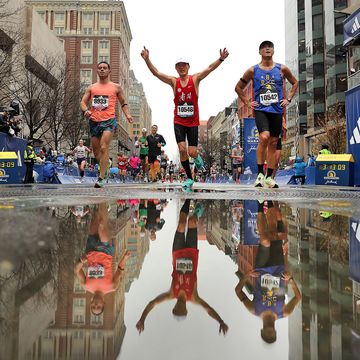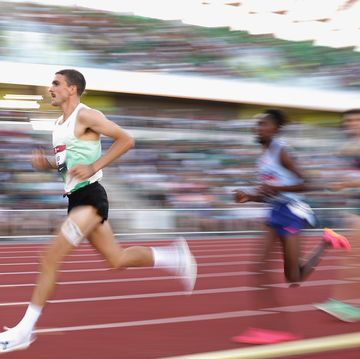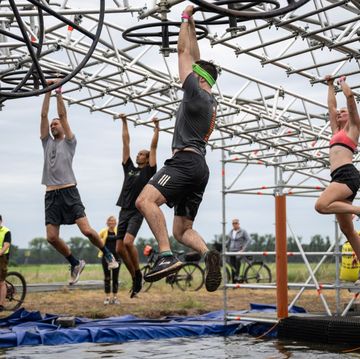PITFALL NO. 1: SETTING THE WRONG GOAL PACE
Many athletes have difficulty accurately assessing how their race preparation has progressed in comparison to their goal training plan. Masters often err by assuming they are in the same shape they were last year. Try running a race or time trial (ideally half marathon) three to four weeks before your marathon. By doing this three weeks out, before you taper, you keep from getting "pace greedy." Use several race predictors and select a median time to establish a realistic marathon goal based on the pace of this trial. (You can dream about the fastest time predicted and know the slowest is a fallback.)
PITFALL NO. 2: GOING OUT TOO FAST
The most important mile in a marathon is the first mile. Many competitors run the first mile too quickly because they feel so good after tapering and are fueled by the euphoria of finally racing after training so hard. I have studied hundreds of marathoners to under-stand the effects of uneven pacing, and my conclusion is that the best results come from running as even as possible each mile of the race. For masters, this consistency is even more important, as they spend exponentially more energy on running an uneven pace. Running the early miles 5 to 10 seconds per mile too quickly can be devastating to your overall race result.
PITFALL NO. 3: RUNNING EVEN SPLITS RATHER THAN EVEN EFFORT
Many marathons have been sabotaged by stubbornly hitting pace, regardless of the course topography. A runner I coach struggled up a half-mile-long hill at mile 7 of a marathon to keep his pace. Later, when we evaluated his performance, we noticed how high his heart rate spiked in that mile. He paid for it in the end, with a slower-than-expected final marathon time. To avoid this, keep running at the same effort and don't worry about the pace. This applies when running into the wind or down a long hill. You will keep your heart rate under control, not go into oxygen debt, and hit your goal.
Malcolm Campbell is a masters runner, coach and speaker living in Atlanta. He has been a member of three U.K. world championship teams and has qualified for the British Olympic trials four times.


